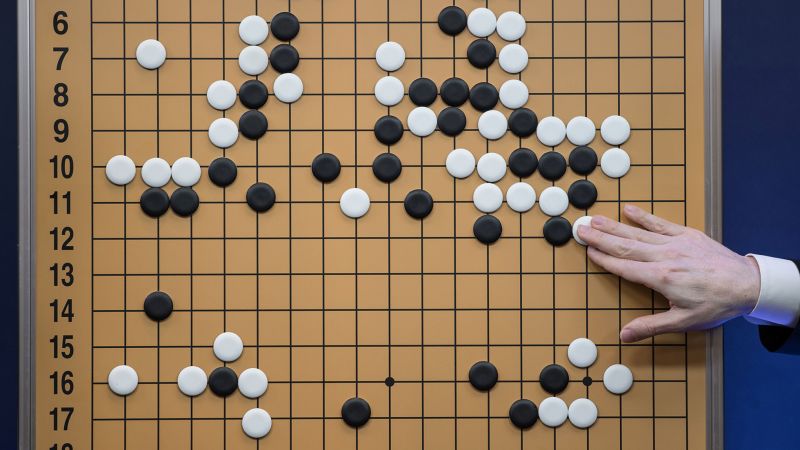
Hong Kong
CNN
—
In December, as AI chatbot ChatGPT awed the world with its human-like responses to questions, a major cheating scandal involving artificial intelligence was erupting in Asia.
The Chunlan Cup, an international tournament boasting $200,000 in prize money for winning the ancient Chinese board game of Go, was embroiled in controversy following a semifinal match.
In a David vs Goliath moment, a relative newcomer, Li Xuanhao of China, defeated the reigning world champion Shin Jin-seo of South Korea. On social media, Li’s own teammate accused him of cheating using AI, which is commonly used during training but banned during competition.
The controversy drew coverage from major newspapers, including Chinese state media. Players called for new measures to prevent AI-assisted cheating, saying it was an existential threat to the sport, which is known in China as weiqi and Korea as baduk.
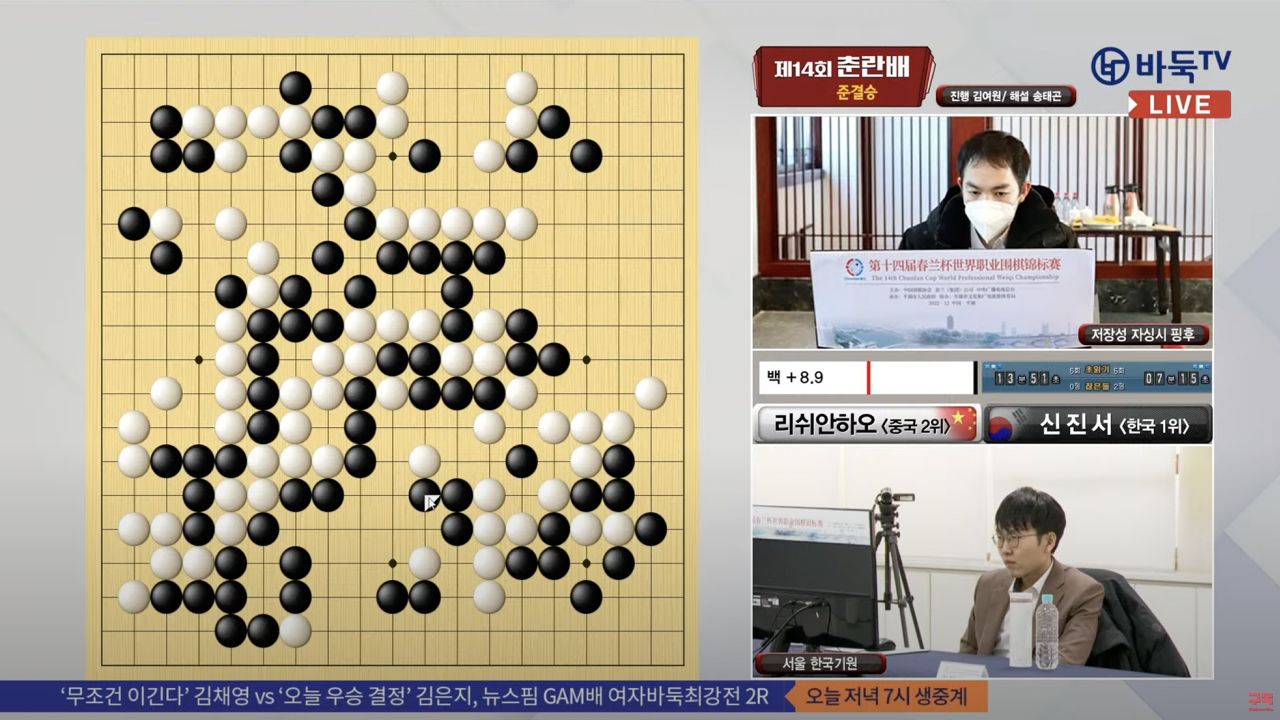
Though the Chinese Weiqi Association declared after weeks of investigation that it found no evidence of cheating, the scandal raised questions about the future of the 2,500-year old sport and offered a glimpse into the kind of disruption that technology like ChatGPT may bring into a world previously dominated by humans.
“AI destroyed all the existing orders of this [Go] community and rebuilt it,” Jiuheng He, an avid Go player who researches AI at Cornell University, told CNN. “Human experts used to dominate the whole realm. Now we have to accept a non-human actor who has expertise, maybe even has exceeded the human experts. So how are we going to deal with it?”
The scandal swirling over the Chunlan Cup wasn’t the first time AI disrupted the game of Go.
For thousands of years, it was considered the height of intellectual pursuit in East Asia. Even today, there are 40 million players in China studying in 200,000 schools, according to the Chinese Weiqi Association.
Unlike chess, which was dominated by computer programs starting in the 1990s, Go was considered too complex to be mechanized due to the near-infinite number of possible moves on its 19 by 19 grid.
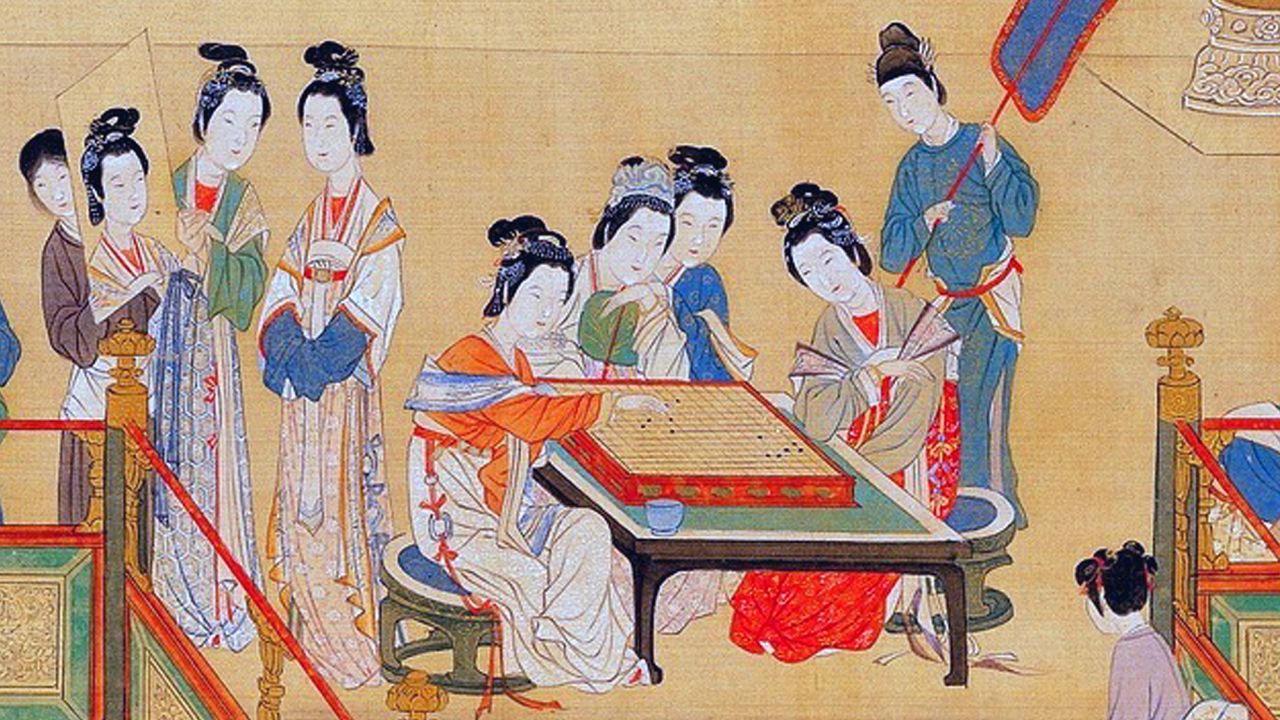
Go masters, once household names in Asia, were held in reverence. Like gods, they appeared to “stand on mountains” and all knowledge of the game flowed from them, according to He. They were so famous they would publish books to advise players about life.
But Google’s superhuman AI arrived in 2016. The 18-time world champion Lee Se-dol of South Korea was soundly defeated by AlphaGo in a widely-publicized match. Lee announced his retirement three years later, citing the match as the reason.
“Humans had been playing Go for thousands of years, improving it, but AI within a year showed that they are better. That our level of Go was really beginner,” Ao Lixian, who teaches at Hong Kong Children’s Go College, told CNN.
At the school, which opened in 2003, Ao and another instructor, Ng Chee Man, teach children to play Go using AI, which has become an essential part of virtually every player’s journey.
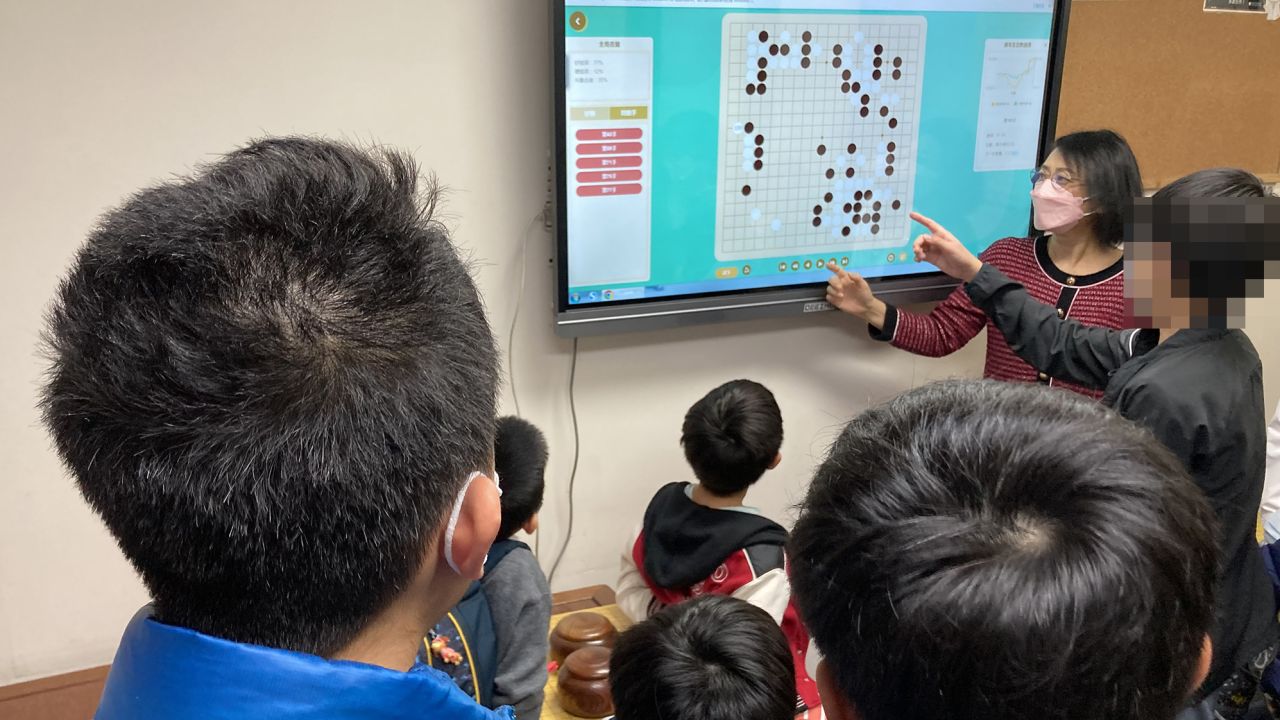
On an iPad, Ng demonstrated a practice game against AI to his students. Each time it was Ng’s turn, the AI program suggested the best moves in blue spots on the board.
On the corner of the screen, the program displayed which of his moves were considered “good” in green and “bad” in red, along with how close his moves were to that of the AI in percentages.
While training with AI has become commonplace, competition is an entirely different matter.
Shin Jin-seo, the South Korean world champion, told CNN that cheating is a major problem during tournaments. There have been at least two known AI-assisted cheating scandals in his country alone since 2016.
A South Korean court sentenced two people to a year in prison in 2020 after they were caught using AI in an official competition, according to South Korean news agency Yonhap.
The player snuck a camera and an earphone into the match and received AI-calculated moves from an accomplice outside.
Later in the same year, the Korea Baduk Association investigated one of its professional players after allegations surfaced online. The association promised to prevent future AI-assisted cheating after the player admitted misconduct.
Though phones are banned in professional matches and there are cameras watching the players, games are still vulnerable, according to Shin.
“If I were to try to cheat, I can see teammates away from the camera, and when I go to the bathroom, there is no one there,” he said.
Shin says he doesn’t know whether cheating took place during his match against Li, but he fears the sport will lose its relevance if organizations can’t guarantee clean games.
On the online Go leagues that Jiuheng He frequents, top players are those who use AI, even if, strictly speaking, they’re not supposed to. The game which he has played since childhood has become less appealing for him.
The game used to be like having a conversation with your opponent, He said. Their thoughts and intents revealed themselves with each move. “(With AI), there’s no more dialogue because I really cannot understand [its] logic,” he said.
Shin spends more than 70% of his training hours using AI software called KataGo, developed in 2017 by American computer programmer David Wu. AI has succeeded in setting a new, higher bar for players, even as it disrupted the game, he said.
Professor Nam Chi-hyung, who had been teaching Go for more than 20 years, says AI became essential in her lessons. Rather than being replaced by technology, she found that her work simply changed.
“AI can pick the right moves but cannot explain why. People still need me to interpret AI,” she said.
For fans, AI has made the complex game more accessible. During matches, it’s not unusual for outcomes to be unclear to many viewers. But now with the help of AI, viewers can clearly see who is winning or losing during the match.
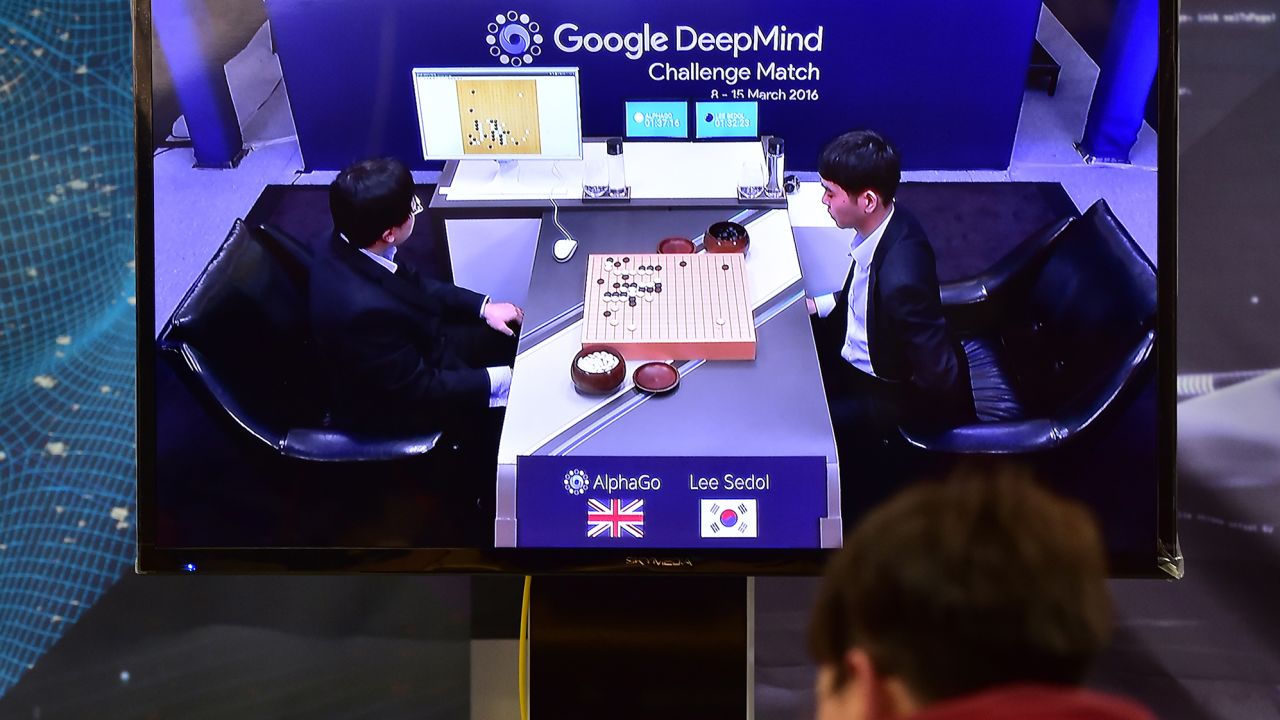
But AI isn’t perfect. The Financial Times reported last month that a human player had beaten KataGo by exploiting a vulnerability discovered using another program.
KataGo isn’t omnipotent, Wu told CNN. The programs make mistakes when they are given unfamiliar problems; the same problems a human may instinctively know how to solve.
But some players believe that AI is ruining the sport, for which the unpredictability and diversity of style was the charm. After all, we can’t go back, Nam said: “It’s done. Everyone is running their AI machines.”

